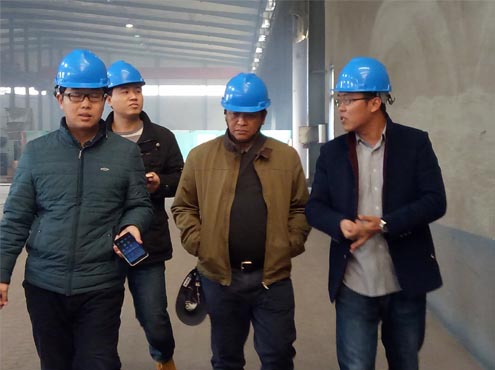high quality refrigeration equipment maintenance
High-Quality Refrigeration Equipment Maintenance Ensuring Optimal Performance and Longevity
Refrigeration systems are a vital component of various industries, including food service, pharmaceuticals, and logistics. High-quality refrigeration equipment ensures that products remain at the ideal temperature, preventing spoilage and ensuring safety. However, like any mechanical system, refrigeration units require regular maintenance to operate efficiently. In this article, we will delve into the importance of maintaining refrigeration equipment, the key components that require attention, and best practices for ensuring longevity and optimal performance.
Importance of Maintenance
Regular maintenance of refrigeration equipment is not merely a recommendation; it is essential for several reasons. First and foremost, it helps maintain efficiency. A well-maintained unit consumes less energy, thereby reducing operational costs. In contrast, neglected equipment can lead to increased energy usage, resulting in higher utility bills.
Additionally, maintenance plays a significant role in enhancing the lifespan of the equipment. Just as a car requires regular servicing to avoid breakdowns, refrigeration systems need periodic checks to prevent significant malfunctions. Regular maintenance can identify and rectify minor issues before they escalate into major repairs, thus saving time and money in the long run.
Furthermore, regular inspections and servicing help ensure compliance with health and safety regulations. In industries such as food service, maintaining the right temperature is crucial for food safety. Failure to do so can lead to health risks and legal liabilities.
Key Components to Maintain
1. Compressors The compressor is the heart of the refrigeration system. It compresses refrigerant gas and circulates it through the system. Regularly checking for leaks, ensuring proper lubrication, and monitoring operating pressures are essential to keep the compressor functioning efficiently.
2. Condenser Coils Over time, condenser coils can accumulate dust and debris, restricting airflow and leading to higher energy consumption. Cleaning the coils regularly is crucial for maintaining efficiency. Additionally, ensure that the area around the condenser is free from obstructions.
3. Evaporator Coils Like condenser coils, evaporator coils can also collect debris and ice. Regular maintenance should include inspecting and cleaning these coils to ensure optimal heat exchange and temperature control.
high quality refrigeration equipment maintenance

4. Refrigerant Levels Monitoring refrigerant levels is critical. Low refrigerant can indicate a leak, which not only reduces efficiency but can also damage the compressor over time. Always check for leaks and ensure that the refrigerant levels are within the manufacturer's specifications.
5. Door Seals Door gaskets should be inspected regularly for wear and tear. Damaged seals can lead to temperature fluctuations and increased energy consumption. Replacing worn gaskets is a simple but effective way to maintain efficiency.
Best Practices for Maintenance
1. Regular Inspections Schedule routine inspections at least twice a year. This allows for early detection of potential issues and keeps the system running smoothly.
2. Professional Servicing While some maintenance tasks can be done in-house, professional servicing is crucial for complex systems. Trained technicians have the expertise to spot issues that may go unnoticed by untrained eyes.
3. Documentation Keep a detailed log of maintenance activities, repairs, and inspections. This documentation can help identify recurring issues and provide insight into the overall health of the equipment.
4. Training Staff Ensure that employees operating refrigeration systems understand basic maintenance practices. Educating staff on how to spot signs of trouble—such as unusual noises or temperature fluctuations—can lead to quicker response times.
5. Implement a Maintenance Schedule A proactive approach is key. Establish a maintenance schedule that includes regular inspections, cleaning, and necessary repairs. This can prevent many common issues and extend the equipment's lifespan.
Conclusion
High-quality refrigeration equipment plays a crucial role in various sectors, and maintaining it is essential for optimal performance and longevity. By understanding the importance of regular maintenance, focusing on key components, and implementing best practices, businesses can ensure that their refrigeration units operate efficiently and reliably. Investing time and resources into maintenance ultimately leads to enhanced performance, reduced costs, and increased peace of mind.
















































































































